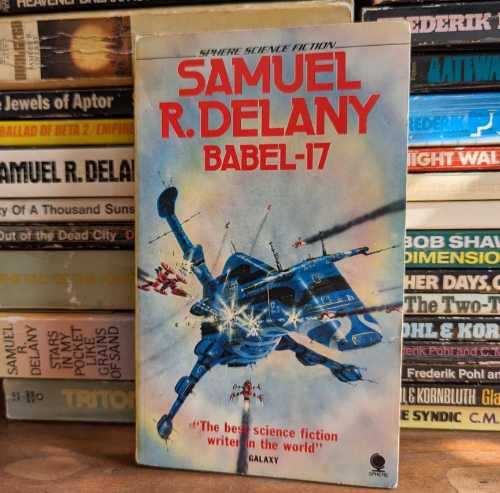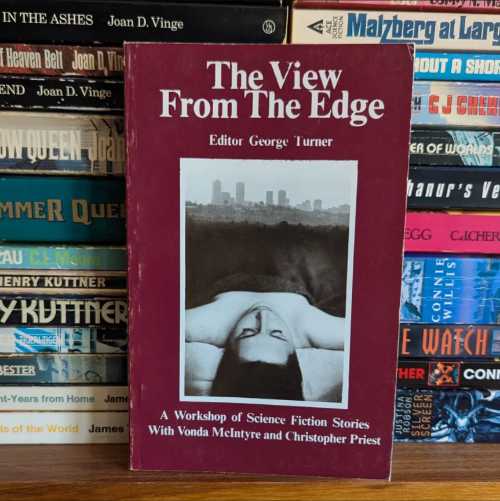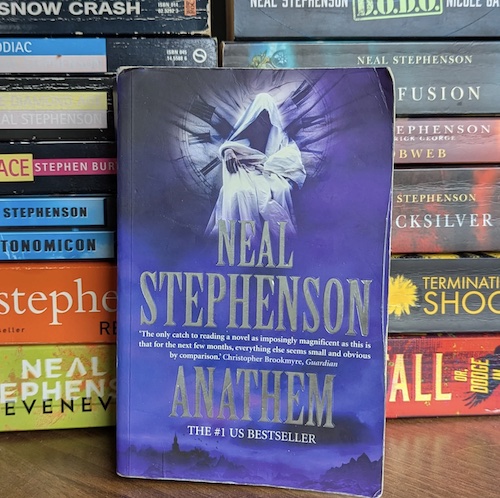Foreigner
★★★★★This is the first book in Cherryh’s mega-series following a lost colony’s first contact with the atevi. The atevi are psychologically different from us, without concepts like trust and friendship, and a society structured around an immutable hierarchy of duty and numerology. Their physiological similarity to humans makes the subtle differences rewardingly slow to emerge across the novel - expectations of behaviour are subverted and motivations are frustratingly opaque, but gradually, alongside our protagonist, we come to understand how the atevi tick.
Apart from some scene setting back story, the novel follows Bren Cameron who is humanity’s sole diplomatic representative in atevi society. Bren is not in control - the atevi are larger and stronger, and he’s totally dependent on them, leaving him only his words to navigate the situation. The first two-thirds of the novel is very slow - just a few key scenes with large amounts of interior monologue and introspection from Bren as he tries to figure out the politics of his situation following an assassination attempt. Cherryh does this so well in her novels, but it won’t be for everyone - she gradually builds our understanding of atevi society piece by piece, and portrays a rich sense of place as we are saturated in the weather, the history, and the landscape.
The last third kicks us out of our bucolic pace as the action hits hard and fast, all the more exciting for its contrast with the slow build. Bren is swept along, barely in control as the political pieces fall and he chooses his sides. It’s an exhilarating ride that I couldn’t put down.
This is an anthropological novel about trying to understand a truly alien psychology. There are no quick answers for the reader, it’s a confusing slog pieced together through Bren’s social interactions, show rather than tell - you are often as lost as he is. But the reward is that by the end, the reader has had to create their own model for atevi psychology that feels tantalisingly real, whilst knowing that we still misunderstand so much, drawing us to explore the many sequels.




